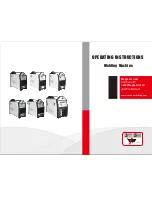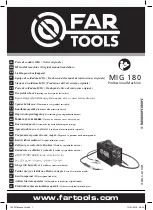
REF0518-2
11
3 Use
3.4
Driving
Do not lift the user higher than necessary when moving
the hoist.
When you want to start driving, put the hoist in a half lifted
position. The cradle should also be in a half-sitting and half-laying
position.
3.4.1
Driving the Hoist
•
Moving the hoist is easiest if the wheels are in the right
direction (in line with the direction of travel).
•
Walk with the hoist when moving.
•
Drive the hoist to the destination and only lift it to the
required height to bring the patient into the final
position.
•
The legs may be in the wide or narrow position when the
hoist is moving. Preferably use the narrow position to
move.
•
Do not drive too fast.
3.4.2
Turning with the Hoist
•
Avoid turning from behind when turning the hoist. While
turning, stand to the side of the hoist and use the arm,
cradle, and legs to pull or push.
•
Hold the cradle or lifting arm with one hand and the mast
with the other hand.
•
Start the turn by pushing the base with one foot.
•
Continue the turn with your arm resting on the cradle
and the lifting arm to push the hoist further.
3.5
Removing the user from the Tilly
Lifting to a bed / chair
Bring the user into the final intended position (laying or sitting).
Position the user as well as possible and lower.
•
Ensure that the user is placed properly in the back of a
chair.
•
Do not apply the brake on the hoist in order to position
the user properly.
•
Release all clips from the sling.
•
Drive the hoist away.
•
Remove the sling (unless a personal sling is used).
•
Press in the emergency stop and return the hoist where it
belongs.
(Charge the battery if necessary)








































